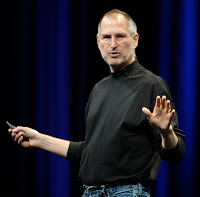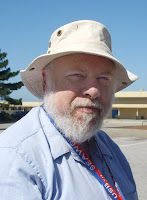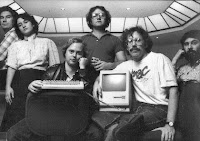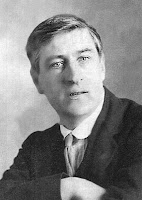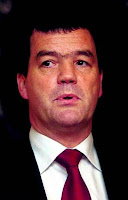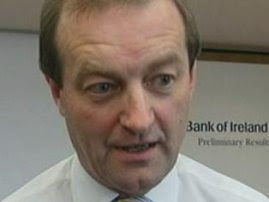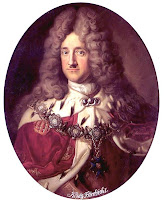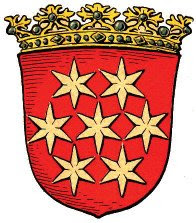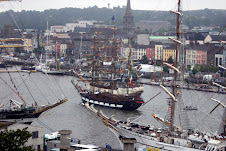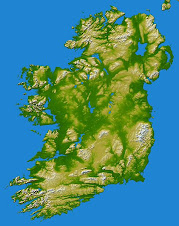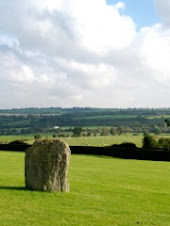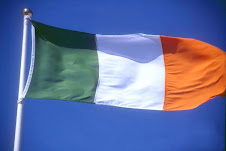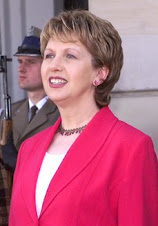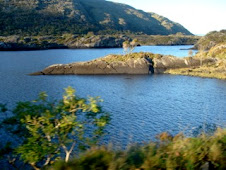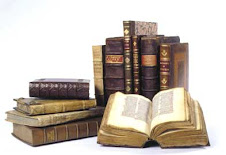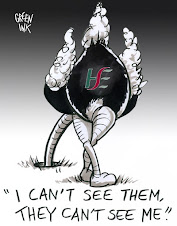Today - January 26th - is a great day of celebration for more than two fifths of the world's population. There are three events which come together, two of them occur each year on this day, while the third is dependent on the Lunar calendar and thus its date changes from year to year.
oooo
To my Chinese friends, and to all Chinese people around the world who visit my weblog, I send today very special greetings, good wishes and say:
oooo
HAPPY NEW YEAR!
oooo
Yes, today is the first day of the Chinese New Year festival, and more than 1.3 billion people in the People's Republic, together with many millions of Chinese in Taiwan, Hong Kong, Singapore and all around the globe are celebrating the begin of the year 4706, a year under the sign of the Earth Ox.May the New Year be a happy one for you and all of us, may it be peaceful, prosperous and open new opportunities to all those who seek solutions for the world's many problems!
To my - currently 163 - readers in Australia and to all Australians, wherever they may be today, I also send special greetings and good wishes for AUSTRALIA DAY, which commemorates each year the arrival of the First Fleet from Britain in Australia. It arrived at Sydney harbour on January 26th, 1788 and the day marks the official begin of British colonial rule in Australia.
And to my - at present 153 - readers in India, as well as all Indians living and working abroad, I express my gratitude for the years I spent as a guest in your country and send you my greetings and good wishes on REPUBLIC DAY, which celebrates the conversion of India from a British Dominion to an independent republic on January 26th, 1950.
The day also commemorates the declaration of Poorna Swaraj (Complete Independence) which the Indian National Congress proclaimed twenty years earlier, on January 26th, 1930.
oooo
I was privileged to spend several Republic Days in New Delhi, and my memories of the splendid military parades are as vivid as I remember the special sweets prepared and served on this day. There is no country on the planet with more vibrant celebrations than India and I hope to return there once more before I have to depart this earthly existence. For now I can only be with you in spirit and do hope you are having a marvellous day.
The Emerald Islander



